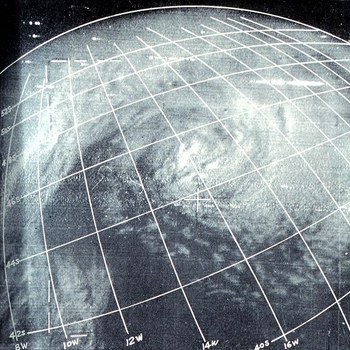Why can we not integrate #x^x#?
3 Answers
We don't have a rule for it.
Explanation:
In integrals, we have standard rules. The anti-chain rule, anti-product rule, anti-power rule, and so on. But we don't have one for a function which has an
If you open Desmos Graphing Calculator , you can try to plug in
and it will graph it just fine. But if you try to use the anti-power rule or anti-exponent rule to graph against it, you'll see it fails. When I tried to find it (which I'm still working on), my first step was to get it away from this form and into the following:
This essentially allows us to use the rules of calculus a bit better. But even when using Integration by Parts, you never actually get rid of the integral. Therefore, you don't actually get a function to determine it.
But as always in Math, it's fun to experiment. So go ahead and try, but not too long or hard, you'll get sucked into this rabbit hole.
See below.
Explanation:
another thing is to have now a days, a function
If this were a function of common use in technical-scientific problems, surely we would have invented a differentiated name and symbol to manipulate it. Like the Lambert function defined as
Please see below.
Explanation:
As Cesareo has indicated (without saying), there is some ambiguity in "we cannot integrate".
The function
and on
Furthermore, the fundamental theorem of calulus tells us that the function
What we cannot do is express this function in a nice, finite, closed form of algebraic expressions (or even well know transcendental functions).
There are many things in mathematics that cannot be expressed except in a form that allows successively better approximations.
For example:
The number whose square is
The ratio of the circumference to the diameter of a circle cannot be finitely expressed using a finite algebraic combination of whole numbers, so we give it a name,
The solution to
As Cesareo has said, if the integral of
But calculations would still require infinite approximation.



